3, October 2019
The fault lines in Cameroon’s national peace talks 0
The week-long discussions to end fighting between government forces and militias in Cameroon’s English-speaking regions started on Monday, September 30, 2019, in the country’s centralized capital Yaoundé. However, citizens have lingering fears that the peace dialogues won’t put the crisis to rest.
Cameroon leader, Paul Biya, who has ruled the country since 1982, summoned the dialogue on September 10, to resolve a three-year-old insurgency. The conflict has led to the deaths of about 2,000 people and displaced more than 500,000 in Anglophone northwest and southwest regions, according to the United Nations.
Minority English-speaking Cameroonians feel marginalized by the Francophone majority, who say the French-speaking government promotes oppressive policies and laws. The protest movement, led mostly by teachers and lawyers, evolved into a militant separatist movement calling for the secession of English-speaking Cameroon
Netizen Batata Boris Karloff said on Twitter that the talks would “make or break the fractured country:”

Batata Boris Karloff@KarloffBatata
The much talked about Major #NationalDialogue begins in #Yaounde today.
The outcome of the five days talks would either make or break the break the fractured country
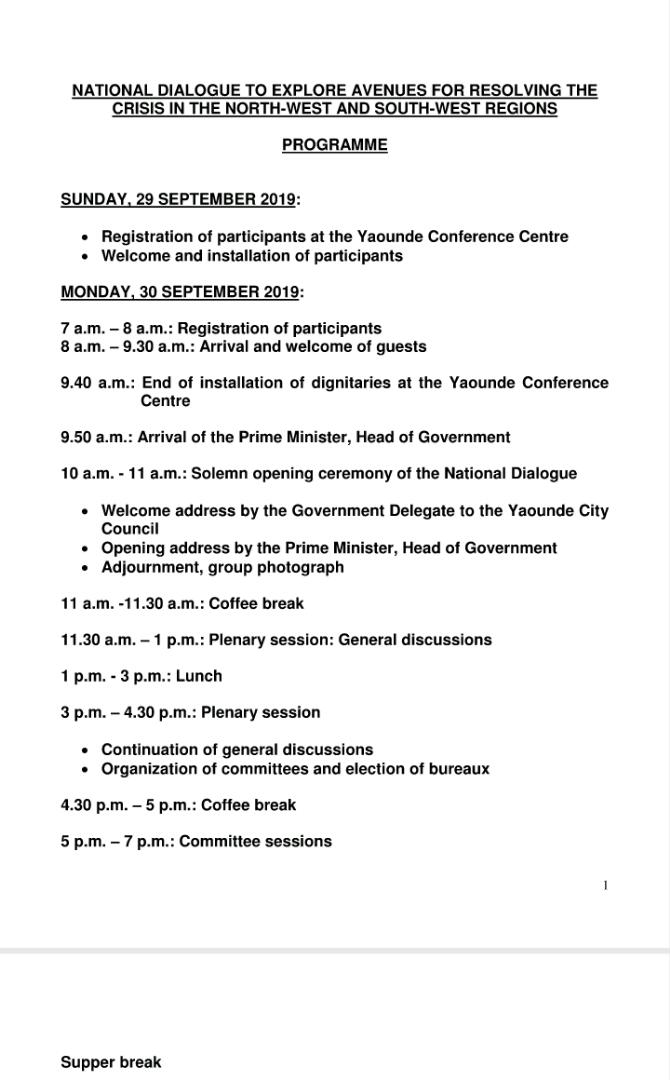
38:57 AM – Sep 30, 2019Twitter Ads info and privacySee Batata Boris Karloff’s other Tweets
Separatist and opposition leaders waved aside
Nonetheless, the government-led talks have ignored separatist leader, Julius Ayuk Tabe, who, alongside other members, received a life sentence in jail in August this year.
Tabe heads a movement that is trying to form a breakaway state from mainland Cameroon, called Ambazonia, and movement leaders have openly shown disdain for the conference.
“No Ambazonian will take part in Biya’s charade,” Ayaba Cho, a leading separatist abroad, told Reuters.
Also, the leader of the Cameroon Renaissance Movement party, Maurice Kamto, who was arrested in January this year for orchestrating post-election protests, isn’t at the discussion table. His party has denied attendance until the government releases Kamto.
Vy on Twitter also shared doubts over the dialogues:

This is why #SouthernCameroons must be Free! #NationalDialogue of stupidity! “Wishes” NOT “Whishes”. We’ve had effort of the foolishness! @UN Divide this damn Country & #LetMyPeopleGo #ReleaseAbdulKarimAli #FreeAllArrested @UNHumanRights @hrw @CohenOnAfrica
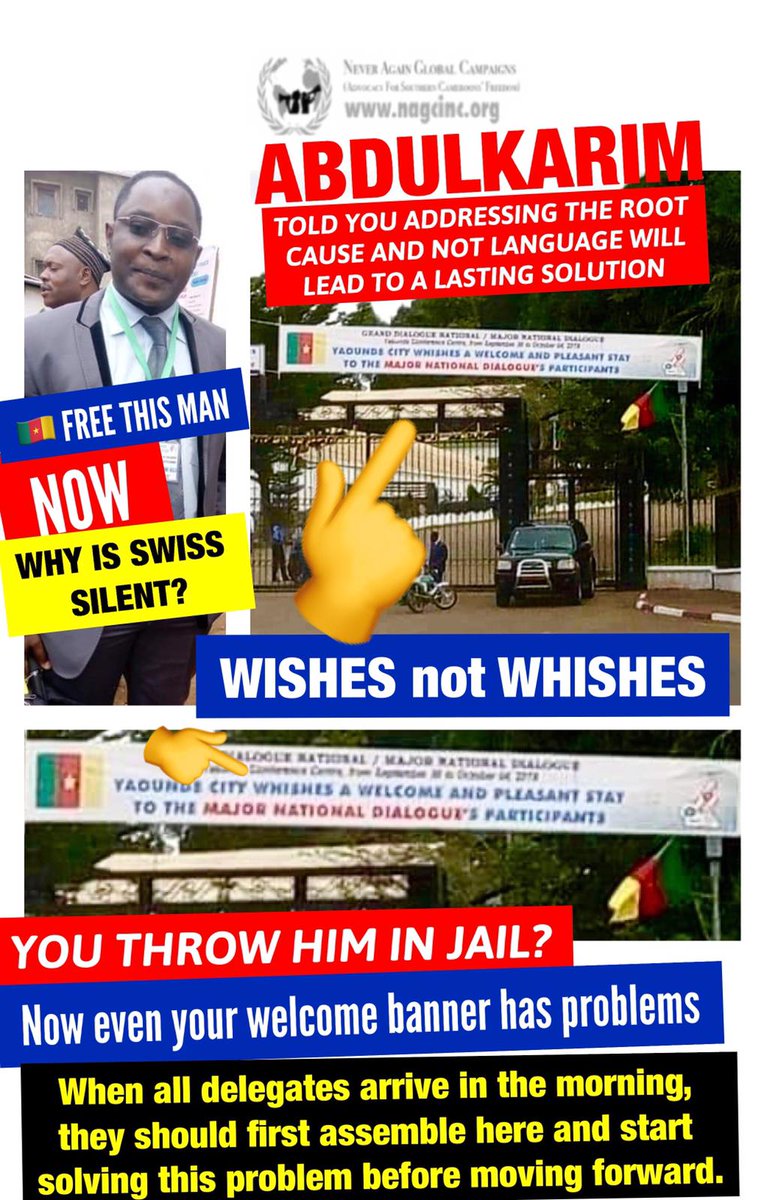
Government-dictated dialogue
Many moderate Anglophones want constitutional changes, with a return to the federal system being key, but the Biya regime doesn’t have that on the agenda:
Instead, the Biya government created eight commissions as part of the peace dialogues that only focus on decentralization, a system put into place by Biya in 1996.
Former presidential hopeful, Akere Muna, who is attending the national dialogues, told Reuters on September 30: “It is farcical to not have a commission to discuss federalism, which is at the core of all of this.”
“It is farcical to not have a commission to discuss federalism, which is at the core of all of this.” — Akere Muna, politician, Cameroon
He further expressed his frustration at the government’s dictatorship of the event on Twitter:
“Sultan Mbombo Njoya (one of Cameroon’s ethnic rulers) calls for limitation on the Presidential term of office to 2x5years and two round Presidential election. The PM (Joseph Dion Ngute who is chairing the discussions) reminds us to stick to the agenda and not to go out of topic.”
For context, French and English Cameroon became one nation in 1961 under a federal system, where the latter had their own autonomy with their own police, government and judicial system. But federalism was abolished by President Biya’s predecessor, Ahmadou Ahidjo in 1972 – creating a united republic which the 86-year-old Biya has strengthened and centralized over the years.
Now, many want that era back, including a man named Martin, who works as a carpenter in Mutengene, a city along Cameroon’s western coast. He declined to give his last name fearing reprisal by government or separatists.
“I don’t see anything coming out of that meeting in Yaoundé. We talked about federalism but it’s not mentioned by [the] government. To me, it is a meeting of [Cameroon People’s Democratic Movement] CPDM supporters,” he told Global Voices on Sunday, September 29 in Buea, while attending a church service.
“I don’t see anything coming out of that meeting in Yaoundé. We talked about federalism but it’s not mentioned by [the] government. To me, it is a meeting of [Cameroon People’s Democratic Movement] CPDM supporters.” — Martin, Mutengene, Cameroon
For Relly Ebini, who works as a cameraman in Buea, a central Anglophone city, he strongly holds federalism will be the best thing out of the discussion.
“I want to believe the discussion will lean on federalism. That is what we Anglophones want and I believe it will put a stop to the crisis,” he told Global Voices on Sunday, September 29.
With so many people displaced, Martin hopes he will one day visit his village in the northwest region again:
“When the crisis started in 2016, I had not gone to my village. It’s been four years now, I haven’t been there because of the conflict,” he said.
Source: Global Voices



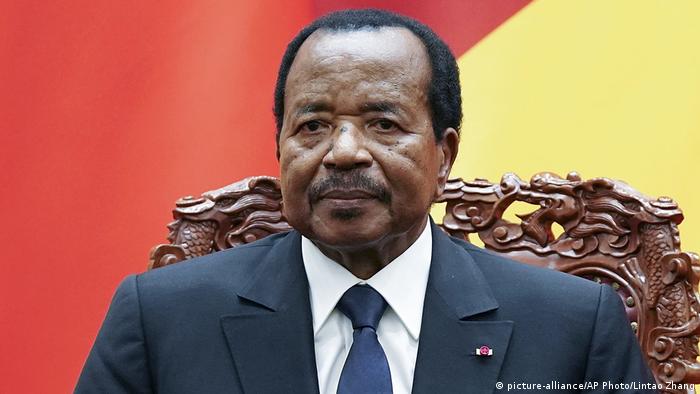



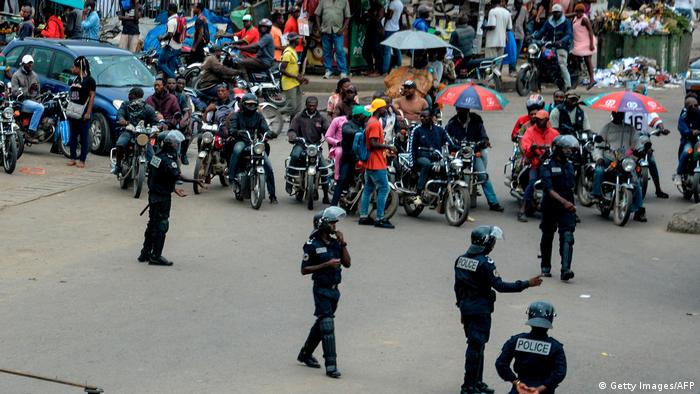
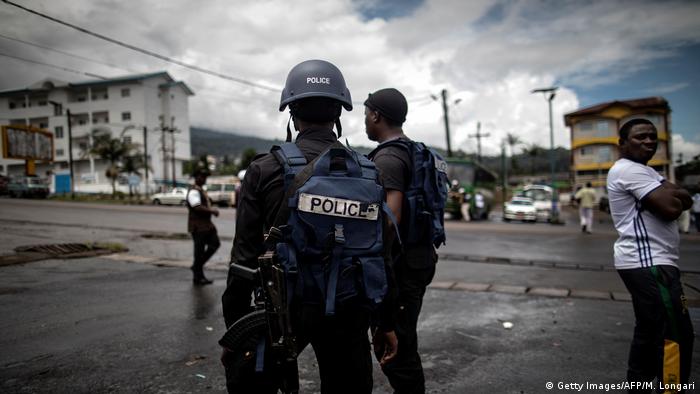
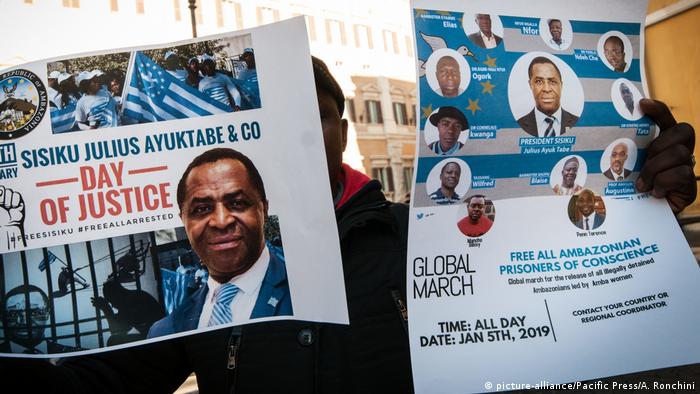

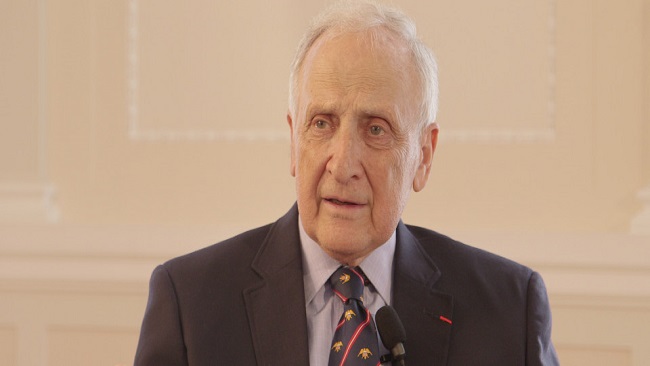
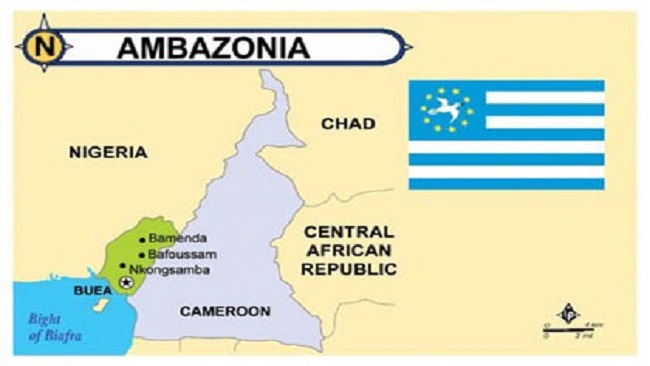
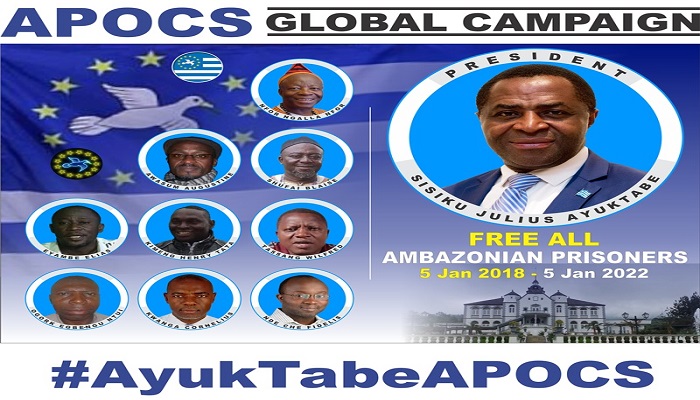


















3, October 2019
National Dialogue Fiasco: Dion Ngute could soon be fired as prime minister 0
Prime Minister Dion Ngute could soon get a sack as prime minister to make way for a Southern Cameroons new generation leader Minister Paul Elung, Cameroon Intelligence Report has gathered from a well-placed source in Yaoundé.
Ngute virtually represents nothing, following the numerous challenges on his management of the so-called Grand National Dialogue that came from prominent Southern Cameroonians who are still flirting with the Biya Francophone Beti Ewondo regime in Yaoundé.
Ngute’s advisers originally believed a dubious pattern in dishing out invitations to the dialogue would go a long way to enhance the prime minister’s political image and that Ambazonian leaders who hail from the Southern Zone would swiftly commit to the head of government’s agenda.
However, the people of Southern Cameroons and their Interim Government had other ideas which prompted the complete and total failure of the Yaoundé peace talks. “Prime Minister Joseph Dion Ngute (to use his three names is running out of road” our source added.
The ease with which delegates are picking up quarrels and threatening to fight is also presenting a problem for the prime minister, who does not even have a convincing message for the people attending the Yaoundé forum. This means Prime Minister Dion Ngute ultimately have little choice but to resign.
However, pro Ngute comedians are saying he would take a different course this coming Friday and find some way to redirect the talks to meet national and international standards. But this is not what President Paul Biya anticipated when he announced the Grand National dialogue.
As a result of Prime Minister Ngute’s failure, French Cameroun CPDM barons including Biya are growing nervous and believe they may have to act first to prevent Ngute from speeding the collapse of the Biya regime. “A new Anglophone prime minister has to be Elung Paul” our informant further pointed out.
Some CPDM hardliners in Yaoundé now believe that the only surefire way to prevent Southern Cameroonians from breaking away from La Republique du Cameroun is to remove Ngute from office and replace him with a younger and more flexible Southern Cameroonian.
Under the new French Cameroun plan, Elung Paul as prime minister and head of government will appoint Barrister Agbor Balla, the former Chairman of the Ambazonia Restoration Council Mr. Kumeta, former Ambazonia Acting President Sako Ikome into government with the sole purpose of diverting attention from the Southern Cameroons war and quest for independence.
By Soter Tarh Agbaw-Ebai